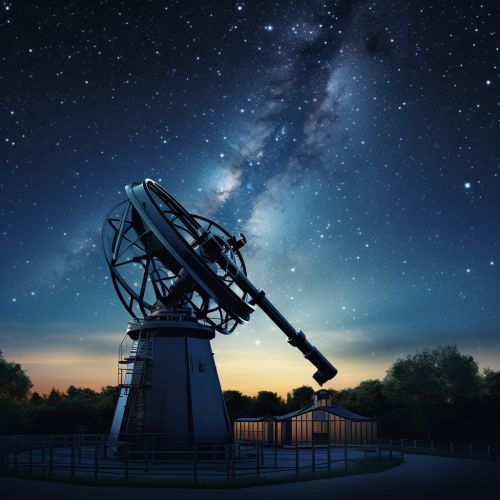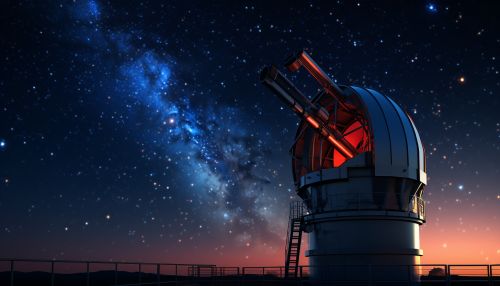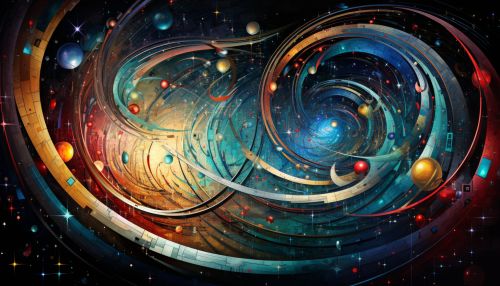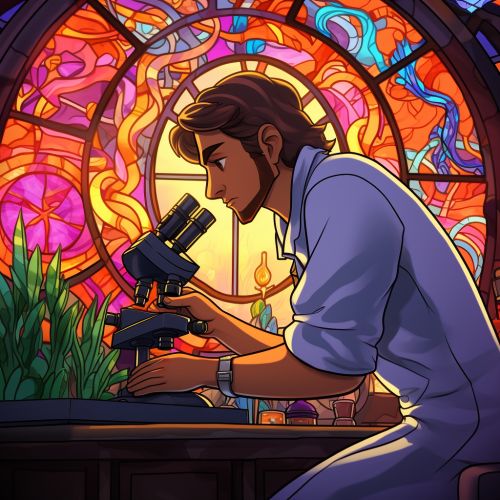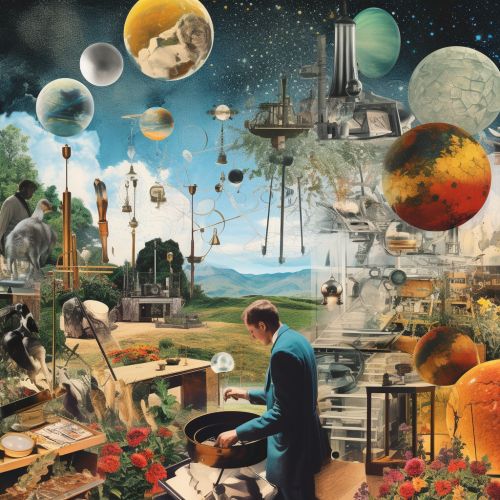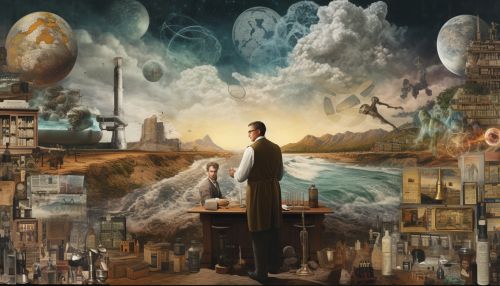Science
Introduction
Science is a systematic and logical approach to discovering how things in the universe function. It is a cumulative and relentless series of empirical observations; through the process of observation, interpretation, and validation, we begin to comprehend the laws of nature.
History of Science
The history of science is the study of the development of science, including both the natural sciences and social sciences. The history of the arts and humanities is termed as the history of scholarship. Science is a body of empirical, theoretical, and practical knowledge about the natural world, produced by scientists who emphasize the observation, explanation, and prediction of real-world phenomena.
Branches of Science
Science is divided into three primary branches: Natural science, social science, and formal science. Each branch is further divided into numerous sub-branches.
Natural Science
Natural science is a branch of science concerned with the description, prediction, and understanding of natural phenomena. It is based on empirical evidence, which is associated with the development of natural laws. The primary branches of natural science include: physics, chemistry, and biology.
Social Science
Social science is a branch of science that deals with the study of society and the relationships among individuals within a society. The primary branches of social science include: psychology, sociology, and economics.
Formal Science
Formal science is a branch of science that deals with formal systems, such as logic, mathematics, information theory, systems theory, decision theory, statistics, and theoretical computer science.
Scientific Method
The scientific method is an empirical method of acquiring knowledge that has characterized the development of science since at least the 17th century. It involves careful observation, which includes rigorous skepticism about what is observed, given that cognitive assumptions about how the world operates influence how one interprets a percept.
Role of Science in Society
Science plays a crucial role in society by providing knowledge and solutions to the world's problems. It aids in the development of technology, healthcare, environmental protection, and many other areas of life.
Challenges in Science
Despite its broad scope and the advancement it has brought to society, science faces several challenges. These include issues related to ethics, bias, and the reliability of scientific findings.
See Also


